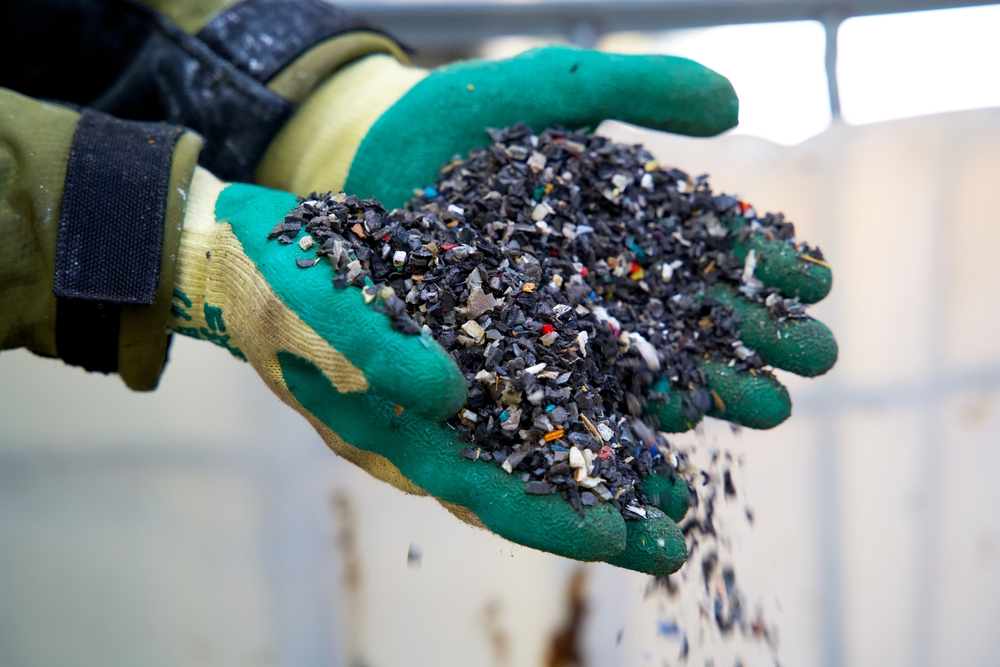Mixed waste recycling and sorting (MWS) is likely to be necessary to reduce greenhouse gas emissions and improve recycling rates, according to a European report by Eunomia published 16th February.
Mixed waste recycling: The endorsement of MWS – which involves removing recyclables from what would otherwise be counted as residual waste – comes in a Eunomia report for the Zero Waste Europe and Reloop organisations. The pair are preparing their input to a European Commission review of the Waste Framework Directive.
The Commission’s review focuses mainly on food waste and textiles, but it is thought that the concept of MWS might be included in some Waste Framework conditions, with even a possibility that there could be measures to discourage the incineration of recyclables. It is understood that there is also a growing political will to mandate MWS, which is being considered in the ongoing revisions of the Renewable Energy Directive (to oblige operators to remove fossil-based materials) and the Industrial Emissions Directive (to require operators to demonstrate that the waste input is sorted).
Today’s report – referring to European Union targets – concludes that “a full roll-out of effective MWS is likely to be necessary to meet existing targets and almost certainly is important if climate change impacts of waste management are to be minimised and more ambitious recycling rates to be achieved in the future”.





